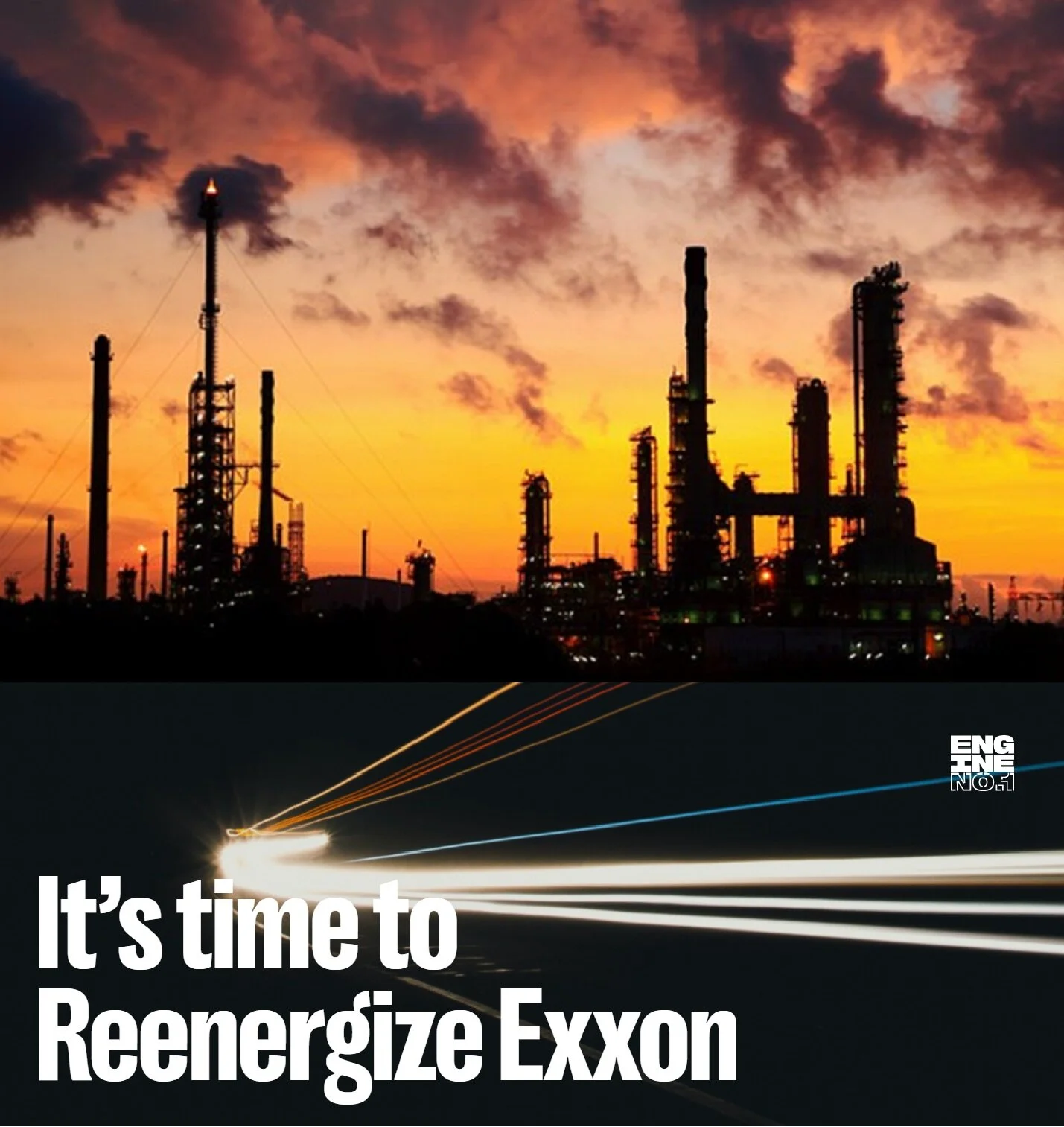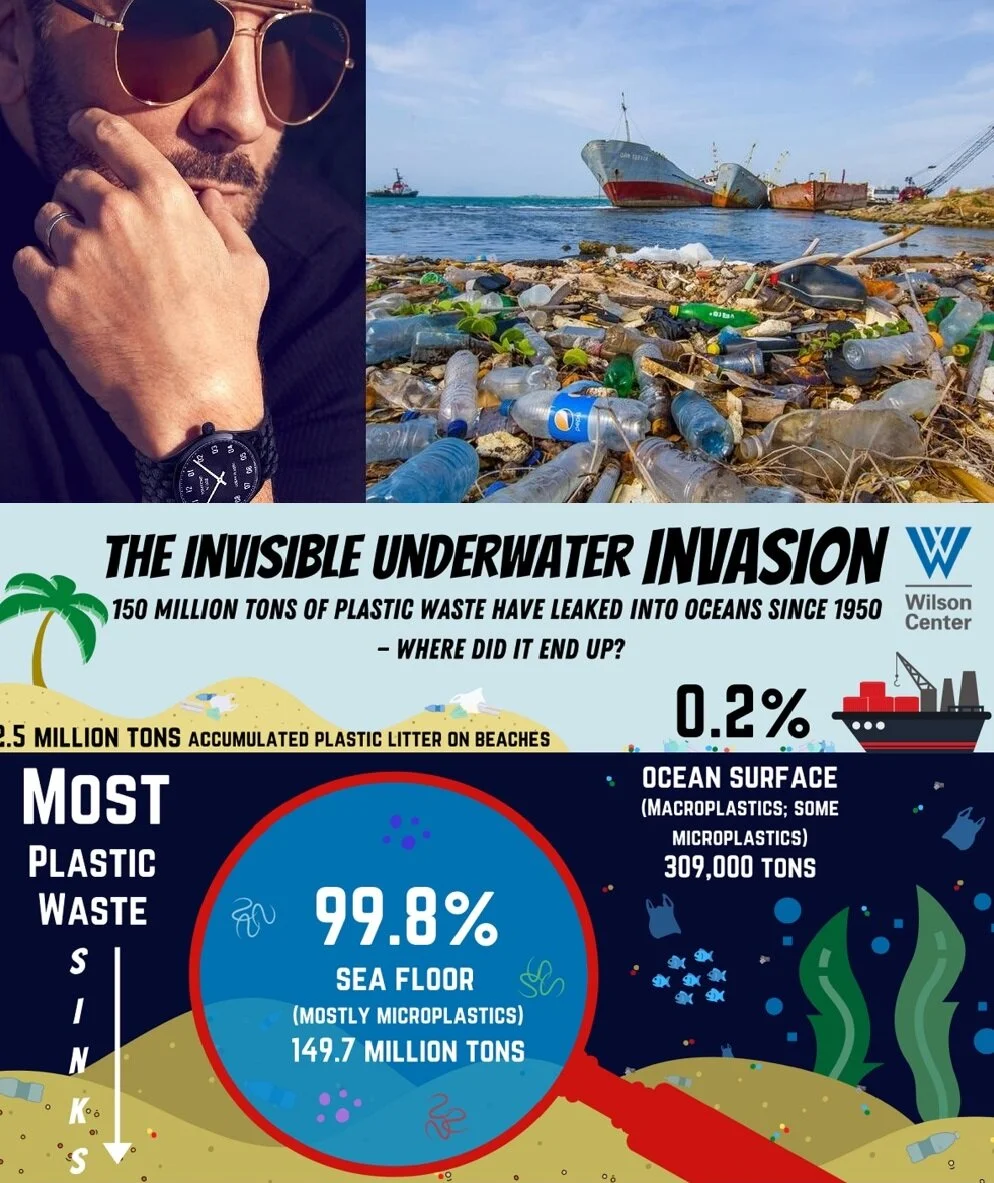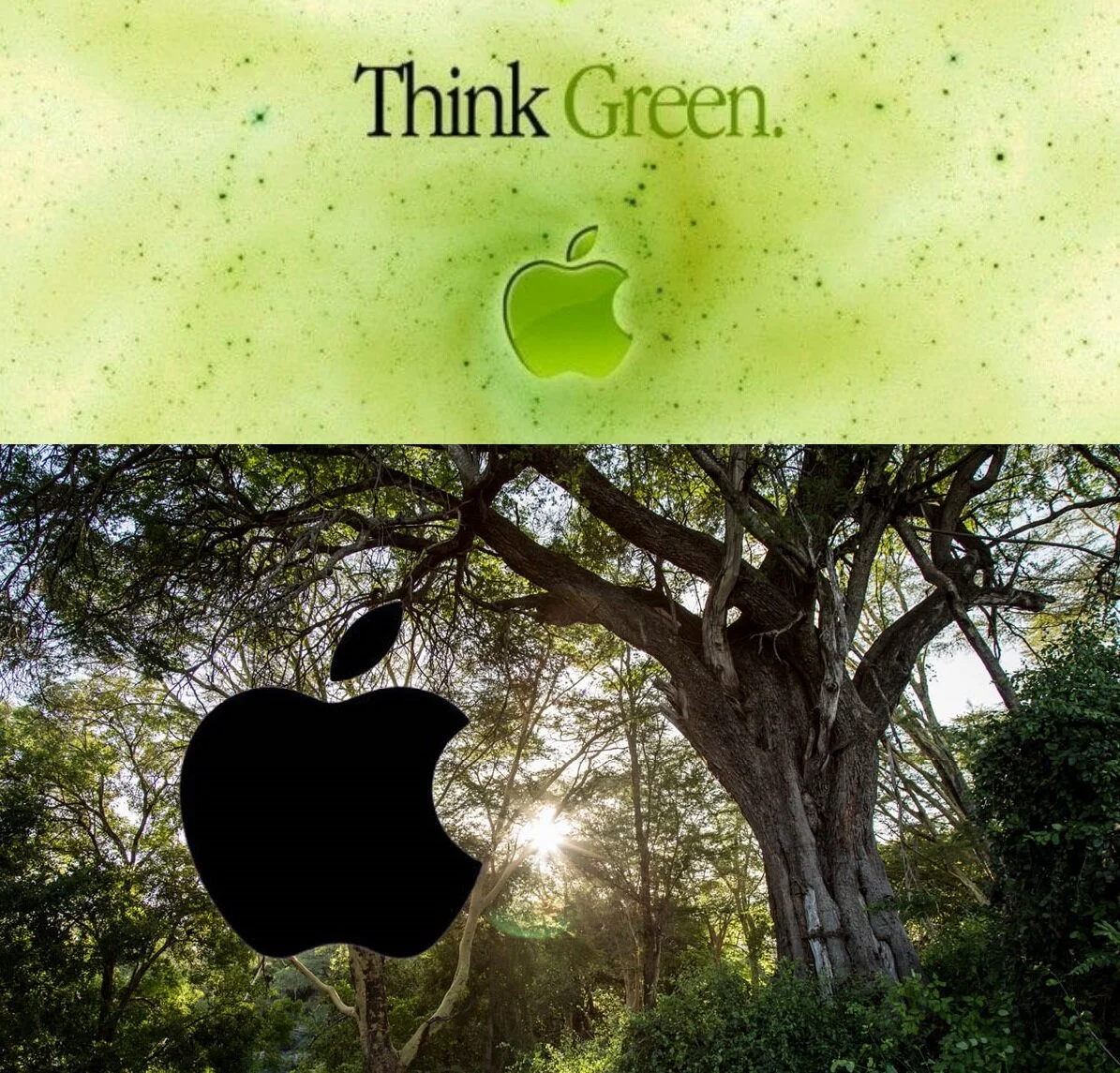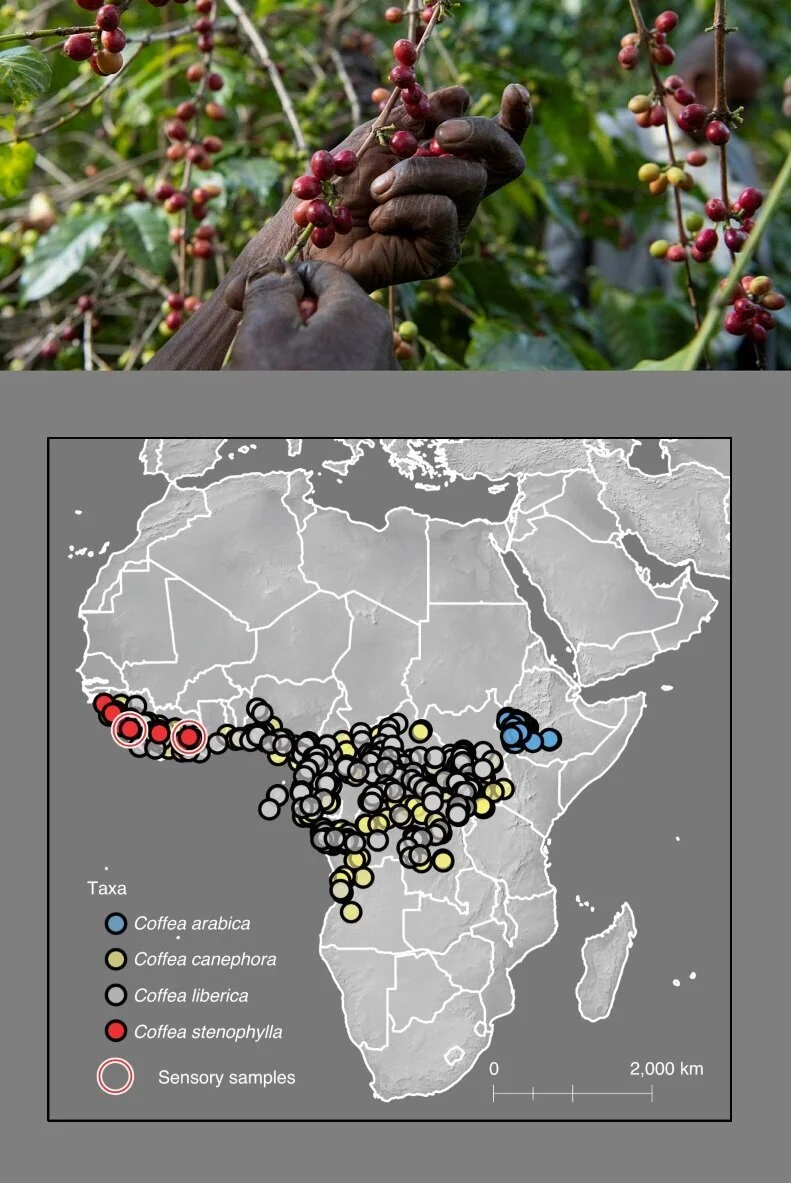Engine No. 1 Shows Activist Hedge Funds Can Be Allies In Climate Activism Fight
/Engine No. 1 Shows Activist Hedge Funds Can Be Allies In Climate Activism Fight AOC Sustainability
By Mark DesJardine, Assistant Professor of Strategy and Sustainability, Penn State; and Tima Bansal, Canada Research Chair in Business Sustainability, Western University. First published on The Conversation.
One of the most expensive Wall Street shareholder battles on record could signal a big shift in how hedge funds and other investors view sustainability.
Exxon Mobil Corp. has been fending off a so-called proxy fight from a hedge fund known as Engine No. 1, which blames the energy giant’s poor performance in recent years on its failure to transition to a “decarbonizing world.” In a May 26, 2021 vote, Exxon shareholders approved at least two of the four board members Engine No. 1 nominated, dealing a major blow to the oil company. The vote is ongoing, and more of the hedge fund’s nominees may also soon be appointed.
While its focus has been on shareholder value, Engine No. 1 says it was also doing this to save the planet from the ravages of climate change. It has been pushing for a commitment from Exxon to carbon neutrality by 2050.
As business sustainability scholars, we can’t recall another time that an energy company’s shareholder – particularly a hedge fund – has been so effective and forceful in showing how a company’s failure to take on climate change has eroded shareholder value. That’s why we believe this vote marks a turning point for investors, who are well placed to nudge companies toward more sustainable business practices.
Update June 2, 2021: Exxon Board to Get a Third Activist Pushing Cleaner Energy






























